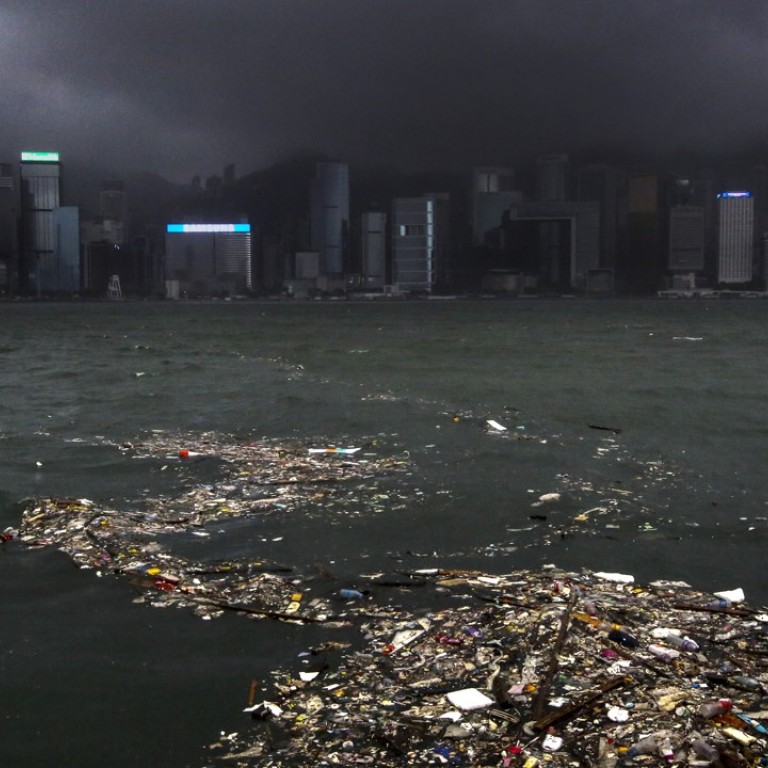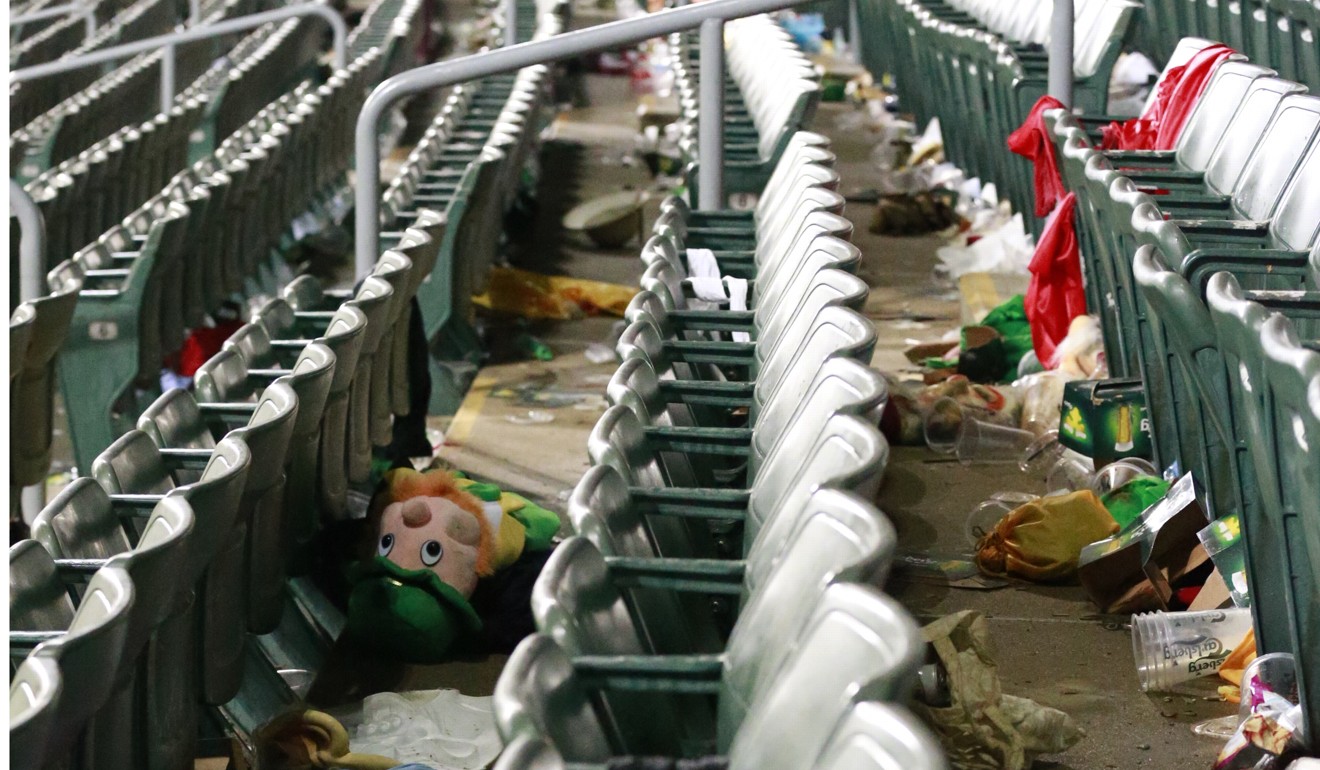
Hong Kong mega events must clean up their act
The amount of waste produced by fairs and festivals is being reduced but more should be done to lessen the impact on our environment
Hong Kong has a growing appetite for fairs and festivals of all kinds. From international sports competitions to gourmet feasts and cultural celebrations, the city’s calendar is increasingly packed with crowd-drawing spectacles. While the pursuit of more is not necessarily bad, it is not matched with a wider awareness of the need to reduce the waste produced. The disparity does nothing for our image as the events capital of Asia.
The situation has, thankfully, improved in recent years. Take the Hong Kong Sevens. The refuse generated by the rugby spectacle has been cut by half to 100 tonnes over the past three years. The Lunar New Year fair last year also saw the amount of waste fall to 365 tonnes, but there is still much room for reduction.

For the first time, the Environmental Protection Department and the Business Environment Council have issued waste reduction guidelines for organisers of major public events. For instance, materials for participants should be eco-friendly and kept to a minimum. Leftover supplies should be reused or donated.
The concept of zero-waste events was adopted by overseas authorities much earlier. Under the guidelines of the South Australian government, event organisers need to map out clear goals and action plans to reduce waste. A Taiwanese approach goes further and requires deposits for the responsible use of venues.
Green events inevitably cost more. In the case of the Tai Kok Tsui Temple Fair, to be held in March, organisers said new waste control measures would raise the event budget by HK$30,000. But it is also going to save 6,300 plastic bottles, 5,400 items of disposable tableware and thousands of paper napkins and plastic table covers.
Indeed, it is in the organisers’ own interests to produce as little waste as possible. Like households and businesses, public events are also bound by a solid waste charge, to be introduced in 2019. Given the quantity of waste generated at these events, early adjustments make sense. It would also do well for smaller players to draw on the experience. Unless concerted efforts are made to keep waste to a minimum, our mega events remain a threat to the environment.

